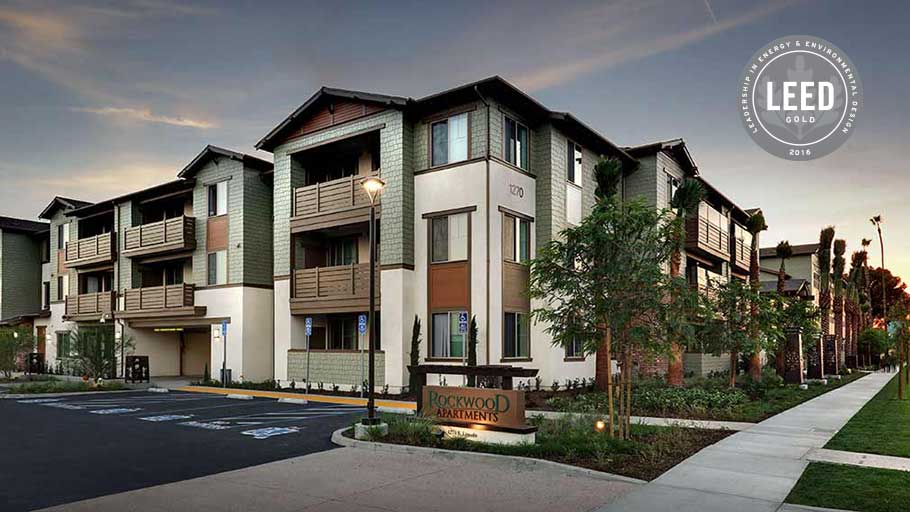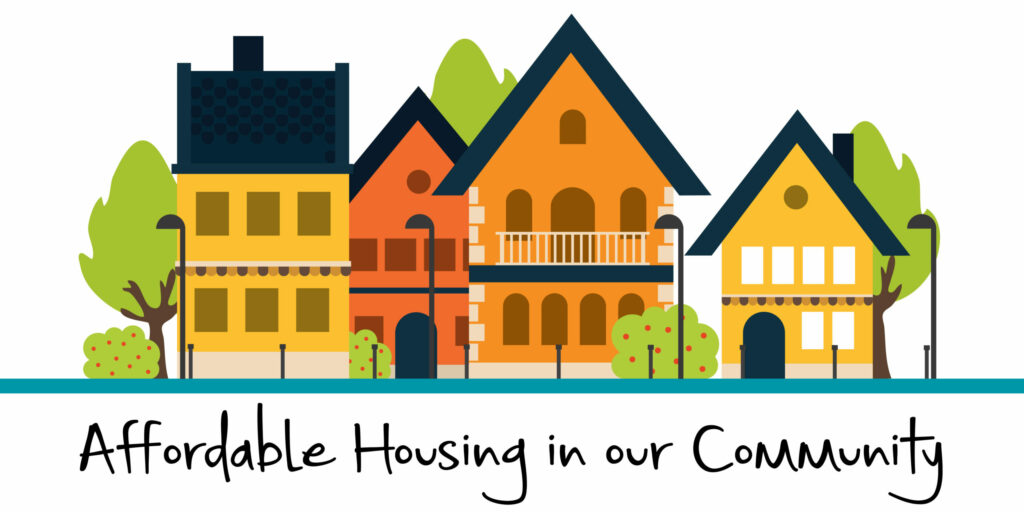Budget-friendly Homeownership Options for First-Time Homebuyers
As the real estate market remains to develop, first-time homebuyers face special challenges in securing inexpensive homeownership options. Various sources, consisting of government support programs, low-down-payment home loans, and targeted gives, have actually emerged to ease economic stress. These campaigns not only promote homeownership but likewise foster neighborhood security and economic development. Nevertheless, navigating these choices can be complex, and understanding which paths are most beneficial calls for cautious consideration. What strategies can possible house owners utilize to maximize their chances in this landscape?
Federal Government Support Programs
Entitlement program programs play a crucial role in making homeownership achievable for numerous individuals and family members. These programs intend to ease the economic problem related to buying a home, specifically for novice buyers. By using financial help, grants, and tax obligation rewards, government campaigns aid link the void between increasing housing expenses and the buying power of potential homeowners.
Different programs are readily available at the federal, state, and regional levels. For instance, the Federal Housing Administration (FHA) provides insurance coverage on car loans, enabling lenders to provide more favorable terms, such as lower down payments and decreased rate of interest. In addition, state and city governments often have their very own initiatives, which may consist of deposit support programs, buyer education programs, and beneficial mortgage terms.
These programs are made to deal with the one-of-a-kind difficulties dealt with by reduced- to moderate-income families, consisting of restricted savings and credit background. By promoting an atmosphere where homeownership is more available, government support programs not only sustain specific desires yet likewise add to area security and financial growth. Comprehending and using these resources can considerably enhance the prospects of successful homeownership.
Low-Down-Payment Mortgages
For several aspiring house owners, low-down-payment home mortgages offer a practical pathway to homeownership, especially in today's difficult real estate market. These home mortgage choices normally call for down repayments varying from 3% to 5%, making it easier for first-time purchasers to get in the market without the problem of conserving for a considerable down settlement.
Various loan providers offer low-down-payment programs, including standard lendings backed by Fannie Mae and Freddie Mac, along with government-backed choices like FHA fundings. These mortgages are designed to suit people with restricted savings while still offering affordable rate of interest prices. Significantly, they permit buyers to maintain even more money for various other vital expenditures, such as relocating costs, home examinations, and potential restorations.
However, possible home owners need to be conscious of the compromises associated with low-down-payment home mortgages. A smaller deposit might cause greater regular monthly repayments and the need of exclusive home mortgage insurance (PMI), which safeguards lending institutions in case of default. It is vital for novice buyers to perform thorough research study and seek advice from with home mortgage professionals, guaranteeing they pick a low-down-payment option that aligns with their lasting financial objectives.
First-Time Property Buyer Grants
Many new property buyers find our website that gives can considerably ease the economic concern of acquiring a home, matching low-down-payment mortgage alternatives. These gives, typically provided by state and non-profit companies or local governments, offer economic assistance that does not call for settlement, making them an eye-catching choice for those getting in the housing market.
Eligibility for novice homebuyer gives typically depends on revenue, credit reliability, and the purchase price of the home. Numerous programs are developed to assist reduced- to moderate-income households, ensuring that support reaches those who require it most. The application procedure commonly entails documentation of monetary standing, buyer education courses, and often also a dedication to remain in the home for a certain period.
The quantity useful varies commonly, with some grants supplying several thousand dollars to assist cover shutting costs or down settlements. Investigating offered grants in your location is crucial, as programs often transform and might have particular requirements. By leveraging these monetary resources, newbie buyers can make homeownership extra available, eventually achieving their dream of owning a home while reducing the initial monetary strain.
Innovative Neighborhood Efforts
Ingenious neighborhood initiatives are playing a critical duty in broadening affordable homeownership options for residents. These initiatives often involve collaborative efforts in between city governments, non-profit organizations, and economic sector stakeholders to develop lasting housing services tailored to community needs.
One noteworthy technique is the facility of neighborhood land trusts (CLTs), which allow homeowners to buy homes while the land stays owned by the count on. This design helps keep affordability with time and stops speculative rate increases. In addition, CLTs typically supply academic resources and assistance solutions to equip novice homebuyers.
An additional reliable effort is the advancement of mixed-income real estate jobs, which blend affordable devices with market-rate homes. This approach cultivates comprehensive areas and minimizes the preconception usually connected with low-income housing. Moreover, local federal governments are increasingly supporting zoning reforms to help with the construction of accessory home systems (ADUs), which can offer added rental revenue for home owners while increasing housing accessibility.

Tips for Budgeting and Saving

Following, develop a dedicated interest-bearing account specifically for your future home purchase. Purpose to conserve a portion of your revenue regularly, preferably 20% or more, to build a substantial down payment. Use automation he said devices, such as straight deposit or automated transfers, to make conserving much easier and much more regular.
In addition, take into consideration taking on the 50/30/20 guideline: designate 50% of your revenue to demands, 30% to desires, and 20% to savings and debt payment - Affordable Homeownership. This technique promotes balanced monetary health and wellness

Conclusion
In recap, economical homeownership alternatives for novice buyers encompass different sources such as entitlement program programs, low-down-payment home mortgages, and grants. These campaigns not only help with entrance right into the housing market however likewise advertise neighborhood stability and financial development. By leveraging these economic devices, individuals can navigate the intricacies of homeownership, eventually adding to a much more fair housing landscape. Continued assistance and awareness of these programs are necessary for enhancing accessibility to homeownership chances.
As the real estate market proceeds to advance, first-time homebuyers face unique challenges in safeguarding economical homeownership choices. By promoting an atmosphere where homeownership is extra accessible, government help programs not just sustain specific desires but also add to area security and financial development. By leveraging these monetary sources, first-time buyers can make homeownership more accessible, ultimately accomplishing their dream of possessing a home while minimizing the preliminary financial pressure.
In summary, budget friendly homeownership choices for novice buyers incorporate various sources such as government assistance programs, low-down-payment home mortgages, and grants. By leveraging these economic tools, individuals can browse the intricacies of homeownership, eventually contributing to a more equitable real estate landscape.